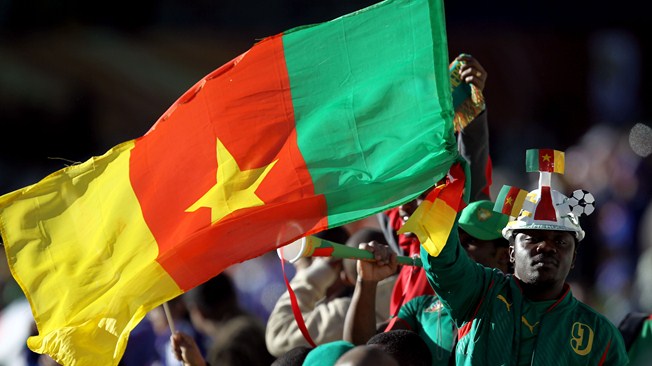On the 16th of December 2013, the Government of Cameroon and the African Development Bank (ADB) signed the second phase of the loan agreement termed the Grass field Participatory and Decentralized Rural Development Project (GP DERUDEP). According to the ADB, farmers of the North West region (NWR) of Cameroon are to adequately benefit from this loan. The total amount of the project is estimated at UA 25.600 million. The Government of Cameroon is expected to provide the remaining UA 8.80 million. As a continuation of phase one of the project from 2005 to 2011, it is expected that phase two will be carried out in areas of the NWR with strong production potential like Widikum, a sub division with a growing potential of palm oil production. Apparently phase two of the project is to affect 8 out of the 36 municipal council areas of the NWR. It is hoped that phase two of GP DERUDEP will improve on agricultural production especially the rehabilitation and construction of farm to market roads in the NWR.
The putting into place of phase two of GP DERUDEP has created mixed reactions in the state of Cameroon. Many are optimistic about the success of the project while a lot of Cameroonians home and abroad remain pessimistic about the project. During the weekly broadcast of Cameroon Calling, a prominent programme on political and economic developments in Cameroon on Cameroon’s Radio and Television (CRTV) on the 29th of December 2013, the coordinator of GP DERUDEP confessed that the State of Cameroon planned to also involve some isolated municipal council areas that were not involved during the first phase of this project; but the ADB imposed a road map for the realization of phase two of this project. All the same he added that concerned municipal councils will be involved as partners in the project especially as they will be called upon to also contribute some small amount of funding towards the effective realization of phase two of the project.
As a keen analyst especially on issues of decentralized development on the continent and in Cameroon in particular, in as much as the intentions of the ADB may be well founded, the impact of GP DERUDEP may not adequately address the concerns of the population of the NWR. First of all several inhabitants contend that several activities earmarked under phase one of this project were not well executed due to lack of technical expertise. Others claim that a lot of money apportioned under phase one of the grant has been siphoned by corrupt government officials.
Financial aid has never been a sustainable panacea for development in Africa. ADB loans and grants as well as financial assistance from other donor organizations have not adequately addressed poverty and development on the continent. Proof of this is that the United Nations (UN) is presently worried about the attainment of the Millennium Development Goals (MDGs) on the continent by 2015 because financial assistance has proven to be inadequate for development of the continent. Rather than signing loan agreements, which will only enrich few corrupt officials, empowering municipal councils may be the way to go. Municipal councils definitely need to be given substantial administrative and financial autonomy so as to take charge of rural development. The country does not have an adequate financial equalization formula, which can curb the imbalance between rich and poor municipal council areas. A council like the Widikum Council in the NWR could benefit from training of appointed and elected staff on the conception and the management of rural projects especially in the production of palm oil. This municipal council as well as other municipal councils in the country could also reinforce the role of women in top management of their council areas. Job creation for youth and women should be a priority of such partnerships between international organizations, central governments and municipal councils. Cameroon is blessed with rich natural and human resources and does not have to rely so much on financial assistance from international donors. If only the state could take some of these suggestions into account rather than depend on foreign aid then the state would realize some improvement in participatory and decentralized rural development.
Chofor Cheis a jurist, analyst and associate of AfricanLiberty.org. He is also a Doctoral candidate at the University of the Western Cape, South Africa. He blogs at https://www.choforche.wordpress.com
[photo credit: SRP publications]


